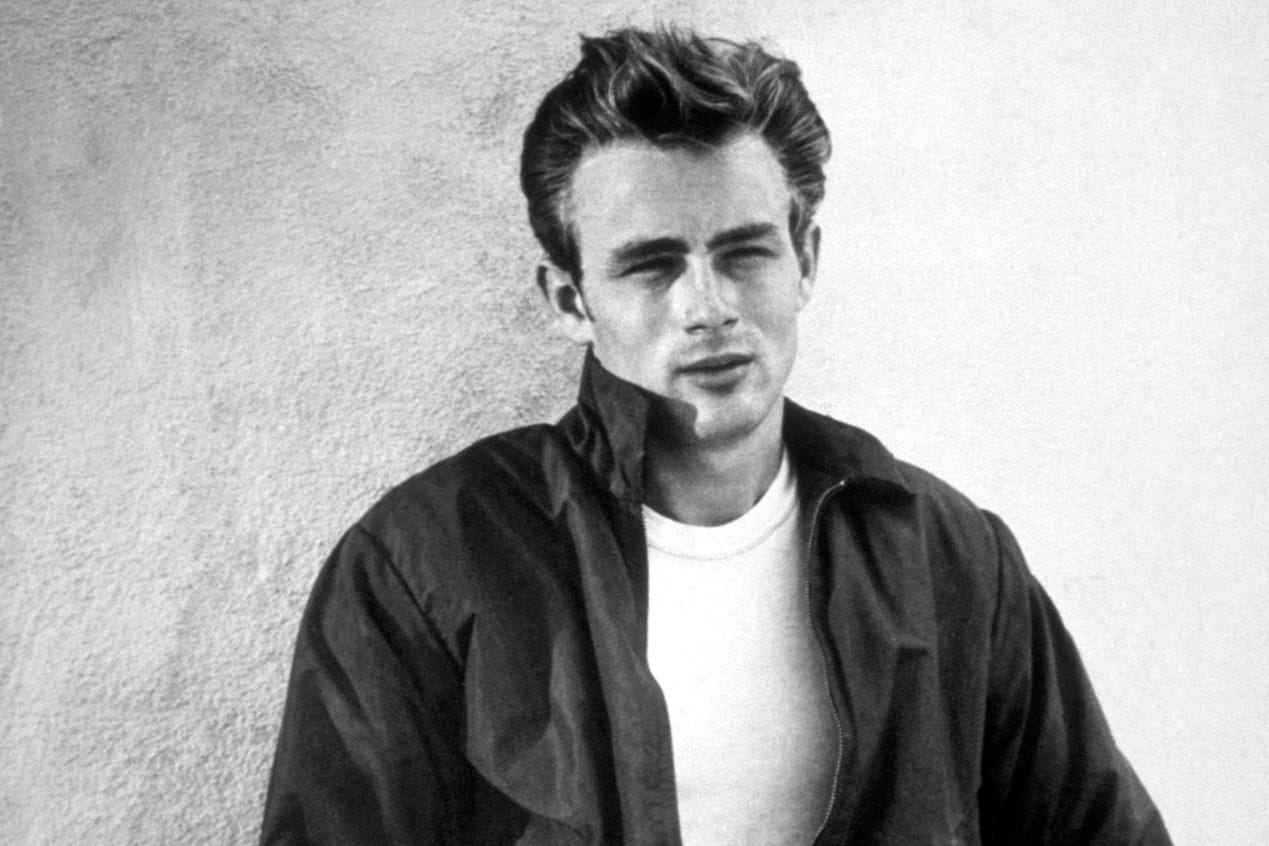
articles / Pop Culture
Conducting a Rebel in Disney Hall
 Conductor Scott Dunn (Associate Conductor of the LA Phil’s Hollywood Bowl Orchestra) will take the podium at Disney Hall tonight at 8PM when the LA Phil presents Rebel Without a Cause with score played live by the orchestra. It’s part of the LA Phil’s multi-media in/SIGHT series, and also part of a new three-year collaboration between the LA Phil and the Academy of Motion Picture Arts and Sciences.
Conductor Scott Dunn (Associate Conductor of the LA Phil’s Hollywood Bowl Orchestra) will take the podium at Disney Hall tonight at 8PM when the LA Phil presents Rebel Without a Cause with score played live by the orchestra. It’s part of the LA Phil’s multi-media in/SIGHT series, and also part of a new three-year collaboration between the LA Phil and the Academy of Motion Picture Arts and Sciences.
Photo Courtesy of Susie Goodman
Dunn talked to KUSC Contributor Sheila Tepper about the genesis of the project and why he thinks Leonard Rosenman’s modernist score for the film is an underappreciated work of genius. Click below to listen to their conversation, or read it below.
S.T. How was this film chosen?
S.D. I actually pitched this project to Deborah Borda (LA Phil President and CEO) and to Chad Smith (LA Phil Chief Operating Officer). They were looking for projects that dealt with Los Angeles modernism, and the fact that Leonard was probably the most significant modernism film composer in the early days, and the fact that the film was set in LA, they thought it was a natural fit. Leonard was a great friend and mentor to me, so this is my homage to him.
S.T. Well he did win two Oscars, not for this film, but what is it about this film that you find so exciting.
S.D. In film school teaching, the prior film, East of Eden, is the one that gets all the attention, and this film they seem to think is less sophisticated and just has some large set pieces. But on closer examination, it’s every bit as sophisticated as the East of Eden score. Each character in the film has his or her own tune, as does the idea of death, and the gang. The gang has very jazzy music with saxophones and cymbals, which sounds an awful lot like West Side Story, but pre-dates West Side Story by two years. Leonard was always very proud of that. It’s got one of the most beautiful love tunes in all of film music and I just think it’s a score that’s beautifully written on the most sophisticated level. A level we don’t hear much in film scores anymore.
It’s one of the great early—along with East of Eden and maybe Man with the Golden Arm—modernist scores that combines not only the techniques of Berg-ian chamber music, but also there’s a lot of Schoenberg/ Rite of the Spring in it, and then there’s Jazz band music. As opposed to the Waxman classical romantic themed scoring that we’d had for years and years and years. Of course there’s very romantic love music in this, but it’s usually treated in a very modern way.
To me it’s a landmark in the history of film scoring as one of the great modernist scores. It represented this switch away from romantic style.
S.T. You are the Associate Conductor of the Hollywood Bowl Orchestra, is there a difference in conducting the orchestras?
S.D. They’re all incredible orchestras. The Bowl orchestra is comprised mostly of studio players, who are some of the greatest musicians in the world. And of course the LA Phil is one of the great ensembles we have in the world right now. So, it’s just an incredible pleasure to stand in front of these people.
S.T. How do you think we developed into such a premiere spot in music?
S.D. I would put it on some very smart heads at the top of this organization that have done an incredible job in developing this orchestra and marketing this orchestra, and of course choosing Gustavo. They have done everything right and I just think we’re very lucky.
S.T. Don’t you think that film music started that uprising of musicians?
S.D. I do. We’ve had incredible musicians in this town for a long time playing in the studios, all the guys that escaped Eastern Europe. For years, and it frustrated Leonard very, very much, there was this snobbery against Hollywood by classical music people and fortunately that’s breaking down a little bit. But you know, Leonard had a very good career going in New York as a young new music composer, Copland and all these people were helping him and James Dean was his piano student and liked his music. James Dean introduced him to Elia Kazan and said you should write East of Eden, and he did and suddenly was this huge star in Hollywood and was dropped like a hot rock by the musical establishment of New York. Leonard was—bitter is a little strong, but he was unhappy about that for the rest of his life. It’s funny to me, because talking to his colleagues, Leon Kirchner and the other people at the time, it wasn’t so that were was snobbery as envy. They were jealous that Leonard was out here working and making all this money. They’re back in New York slaving for commissions to get something played at the Metropolitan Museum of art. Fortunately that’s breaking down a little bit. People have come to appreciate the high level of music making that’s been going on for years to score films.
S.T. Well now that the LA Phil has a three year contract with the motion picture industry to bring in more films, what are you looking forward to?
S.D. I would very much like to get East of Eden done in the same way. There’s another composer that I was very close with whose music I’m conducting next week with the BBC in London and that’s Sir Richard Rodney Bennett. He’s not much known in this country, but he scored 100 films and was also Boulez’ first student; he wrote five symphonies including the second symphony for the opening of Lincoln Center for Bernstein; five opera; ballets; symphonic music; and on top of it was one of the great cabaret stars of London and New York, like Noel Coward would sit and sing and play. He’s a musician almost beyond belief. He’s got several films, the most famous being Murder on the Orient Express with that famous waltz, Enchanted April, Four Weddings and a Funeral, Nicholas and Alexandra, Equus, all fine films.
S.T. Well we look forward to a lot more and seeing you conduct a lot more, thank you.
S.D. My pleasure, thank you.






